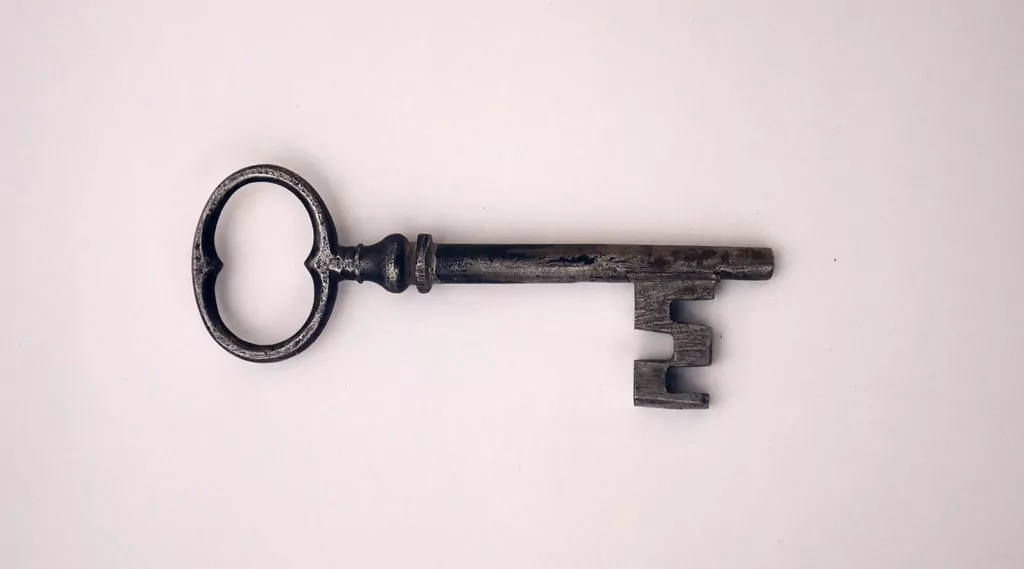

If a close relative has recently passed away in Spain, you may be looking for a lawyer who specializes in inheritance procedures to help you with the whole process of dealing with your inheritance.
Inheritances of foreignersin Spain, to their close relatives residing in European countries, is one of the procedures that we commonly perform at our law firm.
After their demise, despite the fact that in most cases the deceased (the person who initiates the inheritance process) has a Will, doubts arise as to which inheritance law is applicable.
In this post we are going to answer your questions by taking the passing of a person of European nationality on the Costa Blanca, Spain as our starting point. If your case does not meet the criteria explained below, we would recommend you contact us by phone or fill out the contact form to attend your inquiries in a more personal way, regardless of your country of origin.
The inheritances of people who have deceased on or after August 17, 2015, in a member country of the European Union will be governed by the European Regulation on Inheritance.
As a general rule, the law applicable to the inheritances of foreigners who have deceased in Spain will be that corresponding to the country of their usual residence at the time of their death.
It should be noted that the European Regulation on Inheritance also grants the deceased the ability to choose which law will be applicable to handle their inheritance. It can be that of their residence at the time of writing their Will, their residence at the time of death, or, if they have several nationalities, they may choose among them.
which law will be applicable to handle their inheritance. It can be that of their residence at the time of writing their Will, their residence at the time of death, or, if they have several nationalities, they may choose among them.
Therefore, the law applicable to the inheritance of foreigners who have deceased in Spain will be that which you have indicated in your Will, or that of your usual residence at the time of your demise.
If you are the heir of a foreigner who has deceased in Spain, do not hesitate to contact us to clarify any and all your doubts, and, upon request, hire us to handle the inheritance process.
Savloir Team
The validity of a foreigner’s Will drawn up in Spain is also governed by Regulation 650/012. The same applies to the Will of any person who dies in a country of the European Union.
A Will made in Spain should be governed by Spanish law or the legislation of the testator’s usual residence. It is also possible that the real estate is regulated according to its location. For example, if a person of French nationality decides to draw up their Will in Spain, but the element of the Will is a property in Italy, they can draw this Will up according to Italian law.
Since January 1st 2015, with the state amendment of the Inheritance Tax Law, European residents or non-residents in Spain can apply the regulations of their corresponding Autonomous Community.
In this way, if you are a non-resident heir to an inheritance from a non-resident in Spain, you will be able to apply the regulations of the Autonomous Community where the assets of greatest value of the deceased are located.
For example, if the deceased owned several properties in the Valencian Community which constituted the bulk of the inheritance and a property of lesser value in Andalusia, the applicable regulations will be those of the Valencian Community.
If you wish to start the process of inheritance of a deceased person in Costa Blanca, Spain, we would recommend you contact an expert lawyer in foreigner’s inheritance to help you throughout the entire process and advise you on your options as an heir.
Inheritances for resident, non-resident or foreign family members in Spain entail different commitments and formalities that are important to understand.
In Spain there are just over 5,400,000 foreign residents, many of them enjoying their retirement in this country, making cases of death quite frequent, along with the need to undertake inheritance-related procedures.
The steps to be taken regarding inheritance in Spain for resident, non-resident or foreign family members, depending on the location or residence of the heirs, are described below, with particular reference to the estates of British nationals who pass away in Spain post-Brexit.
When receiving an inheritance in Spain, resident or non-resident foreigners are obliged to complete several formalities, even if the deceased person was also a non-resident foreigner.
In addition, the heirs are obliged to pay the inheritance tax within six months of the death of the person leaving the inheritance (who need not necessarily be a relative).
In Spain, inheritances for resident, non-resident or foreign relatives generate the obligation to pay Inheritance Tax.
However, other formalities must first be completed: a death certificate, a Certificado del Registro General de Actos de Última Voluntad (General Register of Last Wills and Testaments) of the deceased’s country of origin, or proof that there is no such register in the country of origin.
In case of EU citizens or nationals of countries that have signed the European Succession Regulation, the European Certificate of Succession will be sufficient.
The will, if there was one, must be traced and submitted, properly translated and legalised by the country where it was drawn up.
Proof of heir status must be provided by submitting the birth certificate, legalised in the country of origin.
Spouses will need to submit the marriage certificate duly certified by the corresponding Consular Register.
As for Inheritance Tax, if the deceased non-resident foreigner had assets in Spain, the non-resident heir must pay for the assets located in Spain, in accordance with the regulations of the Autonomous Community where said assets are located.
Inheritance in Spain for resident, non-resident or foreign European relatives is governed by Regulation (EU) No 650/2012 of the European Parliament and of the Council of 4 July 2012, also known as the European Succession Regulation.
Article 21 of this regulation states that: ‘Unless otherwise provided for in this Regulation, the law applicable to the succession as a whole shall be the law of the State in which the deceased had his or her habitual residence at the time of death’.
This Article shall always apply unless the deceased expressed his or her wish to have his inheritance handled in accordance with the law of his country of origin before a notary.
Thus, when the deceased resided in an Autonomous Community of Spain, the inheritance procedure will need to be handled following the regulations and the inheritance taxes of the corresponding Autonomous Community. Said tax will need to be paid.
Non-resident heirs will have to pay tax on the deceased’s property located in Spain, but not for the deceased’s property outside Spain.
Should the foreign relatives also be Spanish residents, they would be liable to pay inheritance tax on the deceased’s global assets at the corresponding Autonomous Community.
However, they could deduct what they paid in taxes in the countries where the assets are located.
Inheritances in Spain for resident, non-resident or foreign family members who do not belong to the European Union or the European Economic Area do not differ significantly.
If the deceased citizen had assets in Spain, the non-resident heirs must pay the corresponding taxes in accordance with the regulations of the Autonomous Community where they are located.
When the heirs are residents, even if they do not belong to the European Union, they will be taxed on the assets that the deceased had both in Spain and in the rest of the world, with the corresponding deductions for taxes paid abroad.
In the case of non-resident heirs and if the deceased had no assets in Spain, they are not required to pay inheritance tax here.
Even while in the European Union, the United Kingdom never subscribed to Regulation (EU) No 650/2012 of the European Parliament and of the Council of 4 July 2012, so Article 21 of the Regulation, stating that the law of succession to be applied was that of the country where the deceased resided, has never applied in the case of British nationals.
However, in matters of inheritance, UK law provides that the assets of a British deceased person in the UK must be governed by British law, but assets in other countries, such as Spain, must be governed by the inheritance laws of that other country.
In other words, despite Brexit, and despite the fact that the UK did not subscribe to the European Succession Regulation, in the event that British citizens have assets in Spain, these will be processed in accordance with Spanish law, unless the deceased had declared before a notary or in his or her will their wish for the inheritance to be managed under British law.
If the deceased British citizen was resident in Spain and had assets in Spain, the inheritance is handled according to Spanish law, unless the deceased has requested otherwise, as mentioned above.
If said citizen also had assets in the UK, the inheritance of these assets shall be dealt with in accordance with British inheritance laws.
In the event that the citizen who died in Spain was residing in the United Kingdom, the inheritance will be handled in accordance with UK law. But if they had properties in Spain, these would be managed under Spanish law.
Note that in Spain the Impuesto de Sucesiones y Donaciones (Inheritance and Gift Tax) is administered by the Autonomous Communities, and that the regulations, allowances and deductions vary.
The following documents are required to process the inheritance of a British citizen in Spain:
This can be requested at the Registro Civil (Civil Registry Office) corresponding to the place of death.
This Certificate from the Register of Last Will and Testamentary Acts provides information on whether the deceased made a will, and the life insurance certificate provides information on who the beneficiaries are.
If the will or testament was made in Spain, it must be checked against the copy held at the corresponding notary’s office. If it is a British will, a UK notary will need to issue a certificate stating who the heirs are.
In case of acceptance, the heirs must sign a Escritura de Adjudicación de herencia (deed of inheritance).
